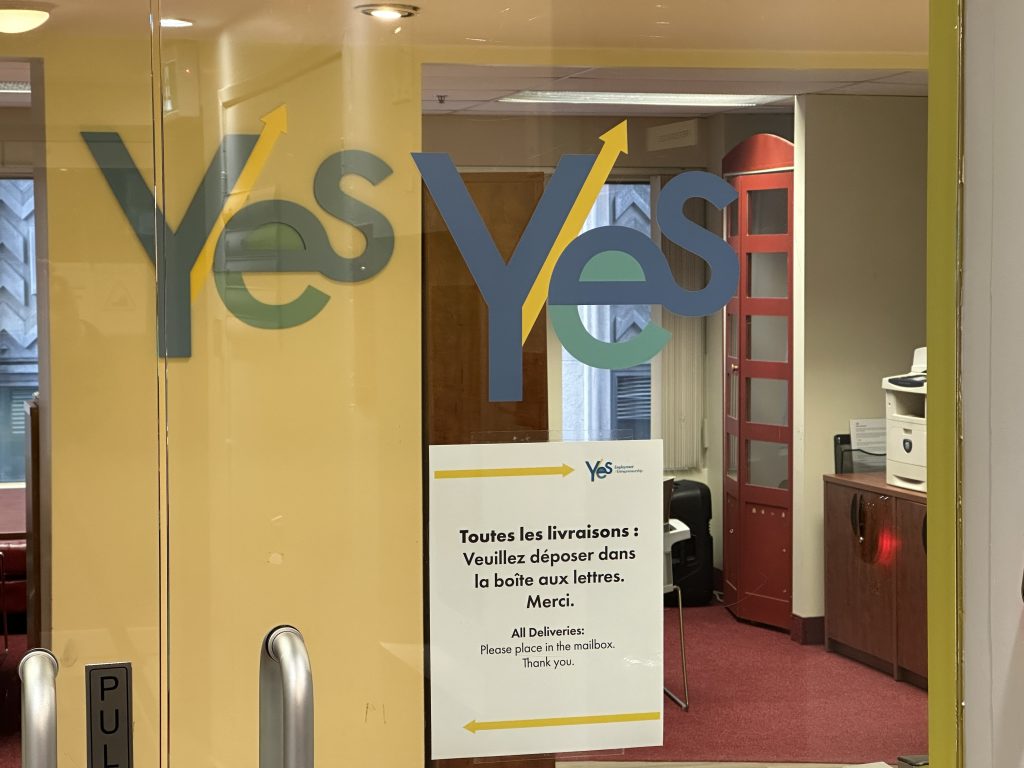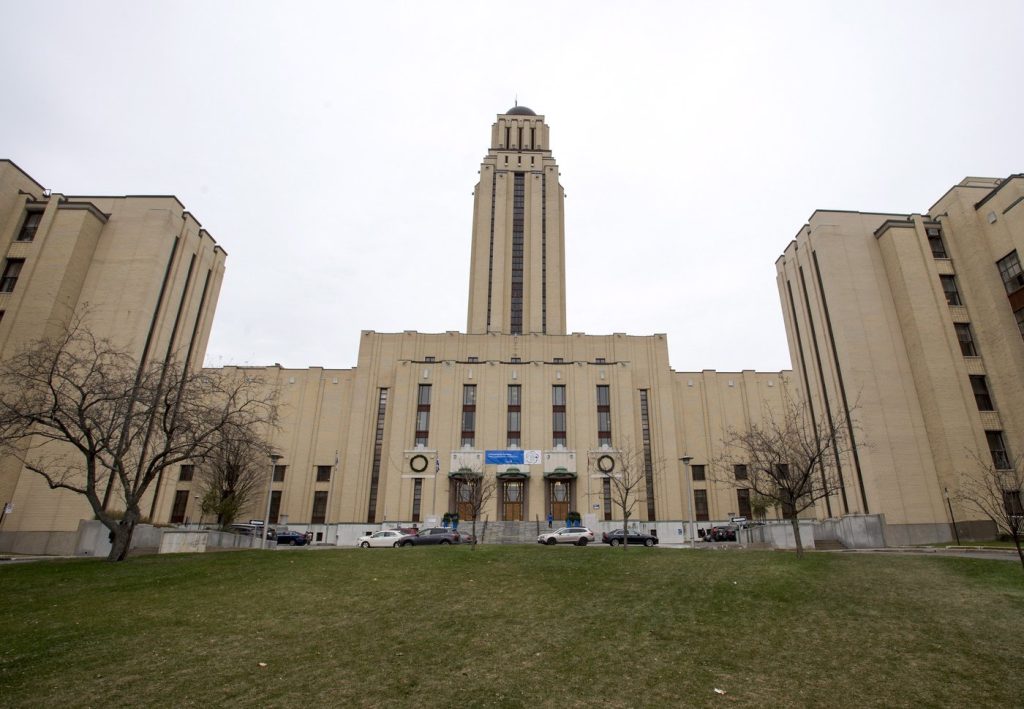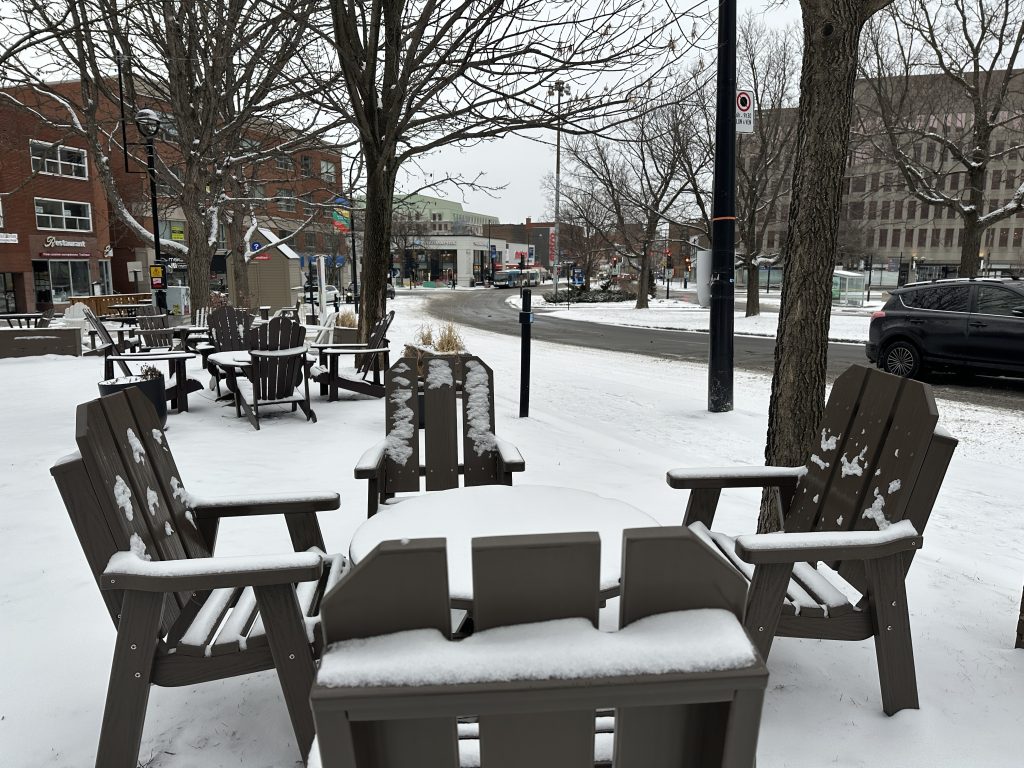Living with long COVID: Montrealer describes life of isolation, depression & anxiety since 2020

Posted March 26, 2025 5:53 pm.
Last Updated March 26, 2025 5:56 pm.
While the COVID-19 pandemic for many people is in their rear-view mirror, those living with long COVID are still experiencing the daily debilitating effects of the virus.
JD, a Montrealer, is one of those people. She went from being athletic and healthy to suffering intense symptoms that led to a life of isolation, depression, and anxiety since contracting COVID-19 in January 2020.
“It’s an impact in my life physically, mentally, emotionally. It’s very depressing. It creates a lot of anxiety, like what’s going to happen next. Am I ever going to be able to work again? It’s debilitating, and you know, financially and socially, I used to be an active, outgoing person,” explained JD.
JD’s symptoms include total body pain with the feeling of electric shocks, brain fog, and extreme lethargy. She also has post-exertion malaise or PEM, which means that after doing regular activities like shopping or driving, she can be incapacitated for a couple of days.
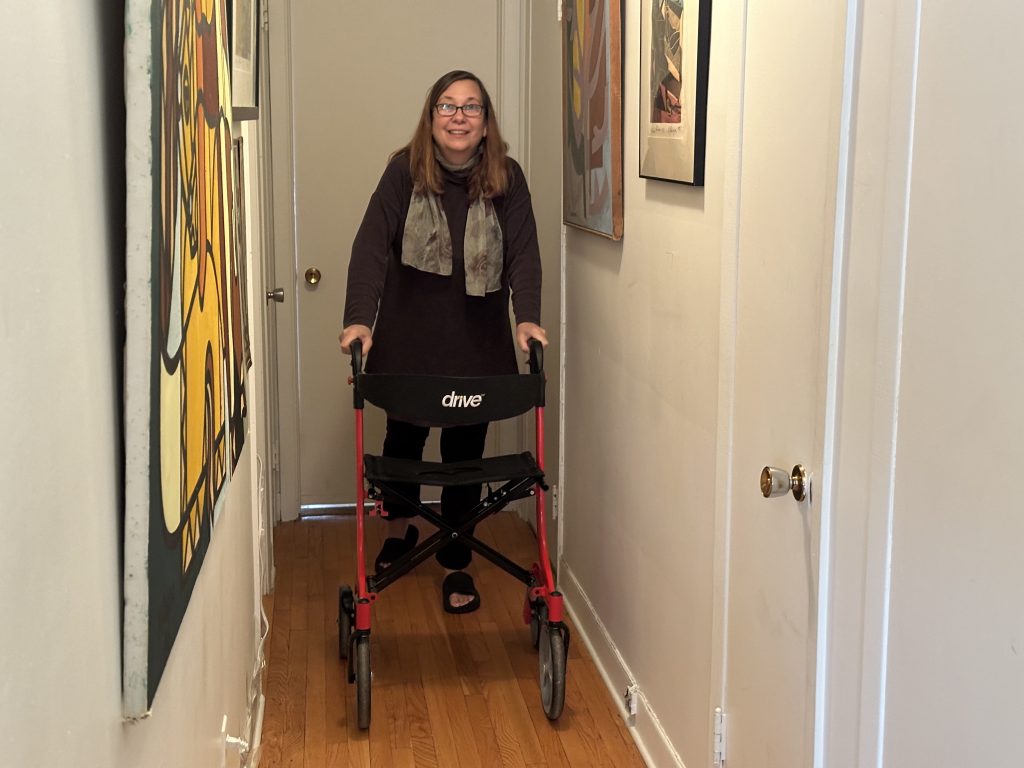
“The post-exertion malaise comes with a lot of full-body pain from head to toe. Your head hurts, your joints hurt, your hands hurt, your hands don’t work properly. The pain is just debilitating. A lot of times I spend, you know, sometimes eight hours, nine hours a day on the couch, part of it in bed,” said JD.
“Now I have this instability in my ear, and it’s knocking my balance off. I’ve fallen quite a bit lately.”
Dr. Don Vinh, an infectious disease specialist and medical microbiologist at the McGill University Health Centre suggests that finding treatments for long COVID has been dealt a significant blow after recent research funding cuts by the United States government.
“In the U.S., the funding for the research into these conditions was abruptly terminated. Frankly, they were in progress and then they were abruptly terminated. And as a result of that, with no further research, we won’t be able to understand the biology of these conditions or how to treat these conditions,” said Dr. Vinh.
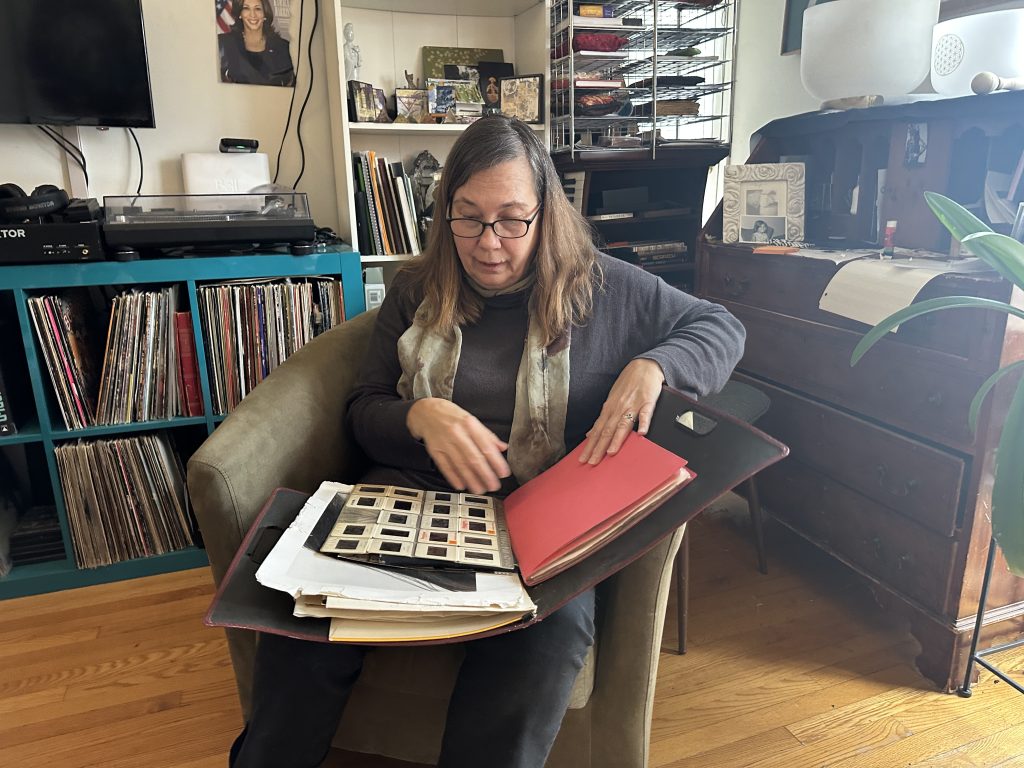
Prior to long COVID, JD was a clinical supervisor and dance-movement therapist, but has been unable to work and lost her job. She remains hopeful that someday she can return to work. JD says that despite her new reality, she’s optimistic that there could be a cure or treatment to heal people who suffer from long COVID.
“To be able to research more would be good in terms of like the mitochondria they were finding in one study was not getting enough oxygen to the muscle tissue. So, you know, if they could do some more research and find some kind of, you know, help. We need help.”
